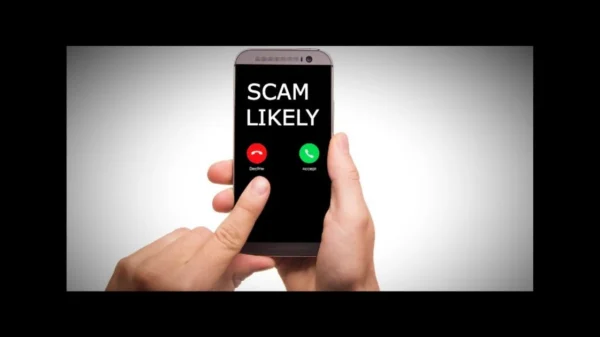This week, Florida Attorney General Ashley Moody highlighted scams that can arise during the summer months as consumers travel, move and undertake home-improvement projects.
Moody pointed to seven schemes to be aware of to avoid falling prey.
“We are near the midway point of the summer season. Vacations are coming to an end as families prepare to send students back to school, but don’t count on scammers slowing down. Please keep your guard up and take precautions to avoid falling prey to scams through the remainder of this summer and beyond,” Moody said on Monday.
Below are seven summer scams and tips to help Floridians avoid becoming victims:
1. Vacation Rental Scams
Fake vacation home or hotel offers listed online may require an application fee, security deposit or personal information to reserve. Be sure to do proper research before providing any money or information to potential accommodation hosts.
2. Free Wi-Fi Scams
When traveling, people typically connect to public Wi-Fi to save data. There are a multitude of ways hackers take advantage of public Wi-Fi, but all are easily avoidable if the correct precautions are taken.
3. Front-Desk and Fake-Menu Scams
Travelers should be aware that scammers may impersonate hospitality staff, who call targets at random and claim a credit card payment is being declined. After establishing trust, these fraudsters will ask for confirmation of the credit card number, expiration date and verification code.
4. Online ‘Summer Deals’ Scams
Many online retailers host huge summer sales, and scammers may mimic these events to target consumers with malware, phishing texts and other messages designed to steal personal or financial information.
5. Storm-Preparation Scams
Hurricane season is underway and unscrupulous contractors may offer phony stormproof products or construction services for a huge deposit. Check a contractor’s credentials and online reputation. Research stormproof product claims. Get multiple written estimates and be cautious before paying money upfront.
6. Low-Cost Moving Scams
Summer is traditionally one of the most popular times of the year to move since it falls between academic school years. Knowing the most common signs of moving scams can help prevent unexpected high costs, lost items or even property being held for a ransom.
7. Summer-Employment Scams
Students out of school looking for summer jobs may be at risk of employment scams—this scam can also emerge as high schoolers and college students look for part-time jobs during the academic year. Receiving a job offer is exciting, but Attorney General Moody recommends Floridians do research on the perceived opportunity before answering personal questions or providing sensitive information, such as Social Security numbers.





















